Robert Downey Jr. and Mark Ruffalo first met 28 years ago, through their girlfriends at the time, before hunting a serial killer in David Fincher’s “Zodiac,” and well before battling Thanos in Marvel’s “Avengers” movies. The milage on their friendship shows in their shared enthusiasm for their electrifying performances this year: Downey in Christopher Nolan’s “Oppenheimer” as the calculating U.S. Atomic Energy Commission official Lewis Strauss, and Ruffalo in Yorgos Lanthimos’ “Poor Things” as Duncan Wedderburn, an unscrupulous libertine. Both actors stretched far beyond their well-established movie star personas, and they were eager to ask each other about how they’d done it.
Robert Downey Jr.: We really met when Fincher cast us in “Zodiac.”
Mark Ruffalo: What a wild ride that was.
Downey: I remember that was maybe the first time we really had our feet put to the fire with an exacting director who does things a certain way.
Ruffalo: He invented the delete button. There was no delete button ever in digital cinema and he specifically had it invented so that he could say, “We’re going to delete takes 1 through 45” and you’re just like, “No, no, no, no! 38 was my baby!”
Downey: And then we had this whole decade-and-a-half Marvel run where we were just looking at each other like, “God, we’re really lucky. What are we doing? Who’s a wizard? Who’s coming from outer space?” which I think was another great challenge.
Ruffalo: It was such a different world. They didn’t really cast people like us. I’ll never forget, I was like, “I don’t know if I’m right for this.” And you’re like, “Come on, Ruffalo, we got this.”
Downey: Yeah. How’s that new brownstone on the Upper West Side?
Ruffalo: Thank you.
Downey: Oh, please, dude. I don’t know who thanks who. It’s just a surreal experience to be sitting with you lo these years later and to both be here on behalf of projects that I think we’re so proud of and are done by such gifted filmmakers. You kind of wonder, right, “Didn’t I already have my Act 2? Isn’t this the slow decline? Have they foamed the runway?”
Ruffalo: And then you do this part in “Oppenheimer,” and it’s just another level. You break it all down. You put yourself out in a way that you didn’t have to. We see a total character, a physical change, a vocal change, a different kind of guy. None of the mannerisms of anything that we’d ever seen before that you had perfected and had become so second nature to you. That discipline and that reach for that next thing is really admirable and why I have always looked up to you and why I continue to look up to you. Why is that still alive?
Downey: Look, alls I know is, I got a call. Chris Nolan. I went over to his house. It was black type on red paper, you know, when they send it like that so you can’t copy it. And I left there just knowing I was going to do it. [My wife], Susan, was like, “You need a challenge like this.” The truth be told, I’ve tried everything else. How about trying to really focus on doing as little as possible, just once?
Correspondingly, I’ve known you a long time. I know what you’re like when you’re having a good time and you’re loose. I know what you’re like when you’re concerned about the state of the world. But I did not know that this character existed inside of you — this cad, this relentlessly self-centered Duncan Wedderburn. And I remember how apprehensive you were about doing this.
Ruffalo: It did scare the shit out of me. My wife, Sunrise, was like, “You have to do this.” You also start to doubt yourself, like you were saying. You hit 55 and you are kind of like, “Maybe it’s as good as I’ll get” or “Maybe I am on the downward slide of this thing.” I also, at that time, was really kind of tired of my brand, or whatever you put on yourself.
Alexi Lubomirski for Variety
Downey: And isn’t it funny when our wives would flat out say, “Don’t worry, everyone else is tired of it too. That’s why you need to do this.” At what point in the shoot did you feel like, “Oh, okay, I’m cooking with gas now. I get it”?
Ruffalo: Well, we had this amazing rehearsal period, which we never had. It was literally 10 days of just theater games: dancing, singing, movement, playing with each other’s faces and bodies, and then playing together as a group. And then we probably spent maybe only 20% on the actual script. You just get really free. And you could go broad or you could go small and no one’s judging. You can’t do anything wrong. You can’t do anything right, really.
The first day [of production], though, Yorgos Lathimos had billed it as a screen test, but we were in full costume, full set. Everyone’s there. It’s a scene between me and Willem Dafoe. And I’m sweating bullets. I am like, “What in the hell am I doing here?”
Downey: I like that Willem is in full SFX makeup and you’re sweating.
Ruffalo: Yorgos comes up to me and he is like, “What are you doing?” And I said, “I don’t know.” He said, “You already did this in rehearsal. You know what you’re doing.” And then he walked away.
Downey: So wait, break that down. What did that mean and why did it help?
Ruffalo: You know, you get in front of the camera and then you’re just…
Downey: You’ve got to do something.
Ruffalo: I have to do something.
Downey: We’re literally on the same page. It’s crazy.
Ruffalo: And he was like, “You don’t have to do anything. You did it. You are it. Don’t do anything. You don’t have to tell us what’s going on here. Just trust what we did.” He scrapped that first day. I had to reshoot the first day.
Downey: It wasn’t a first day, it was a screen test, Mark. You said so. I wish every first day was a screen test.
Ruffalo: I have to say I also stole from you in this.
Downey: Great!
Ruffalo: Some of Sherlock Holmes, Charlie Chaplin — I mean, more than any other actor, you have this kind of physical mischief. You know the cad very well.
Downey: It’s the gift that keeps on giving, isn’t it?
Ruffalo: It’s beautiful.
Downey: Well, thanks for that. With Nolan, very much unlike Yorgos, but also effective, we were doing screen tests on IMAX, which is crazy. You would go back and sit in your set chair — no, you wouldn’t, because there were no set chairs! It was very spartan, like 100 people making a watch every day. It was a very small amount of people on set, and I liked that too, because that reminds me of being a kid with my dad, and it’s him and his cameraman and the editor and some college dropout gaffers, and it’s just kind of like, “Let’s try something.”
Alexi Lubomirski for Variety
Ruffalo: I had no idea there was that kind of intimacy. When I think of [Nolan’s] films, I’m just seeing this mass scale, but that makes a lot of sense because there are some really intimate performances in that film.
Downey: He requires this almost monastic energy. There are beyond no frills — which, as we know, having been very well taken care of in certain situations…
Ruffalo: We’ve been frilled.
Downey: …you kind of feel like you’re being stripped of your armor, which he does intentionally. It just creates a different vibe. Then you’re moving at such a clip that you realize if you’re checking your phone and hanging out at craft service — oh, there is no craft service! — that you’re going to miss the pace of what he’s doing.
At the same time, I’ve never in my career worked with a less judgmental director. I’ve been in situations that were exacting, and it seemed like if I would just do it correctly one time we wouldn’t have to still be here. Whereas he was the exact opposite. He said, “We do all these things to give you the time you need, or I might want.”
I felt that there was both in “Poor Things.” You all seem to have this very concise execution, but you feel all the sense of play in it. You feel it was really a high wire act. Was it fun? It must’ve been fun.
Ruffalo: Oh, it was the time of my life. I got to play that guy with no sense of self-consciousness or no sense of morality, really no sense of any bounds whatsoever that hold us.
Downey: The crazy thing for me is I’ve been obsessed for the last five to seven years, probably longer, with the culture of the Cold War, because I felt it was so back upon us. I actually knew a fair amount about Lewis Strauss, because I had done a lot of deep dives into all the characters around this time. I have to credit my deceased grandfather, Captain Robert Elias, who I never met. He was deployed in Sicily in North Africa. But then he became a glass manufacturer, and his big claim to fame was that his family had done the glass for the Chrysler Building.
Ruffalo: My family painted the Chrysler Building! They were construction painters.
Downey: You see the touch points? That’s how close we are to all this, right? So then I felt like I had an idea of someone who might’ve been back in that time. And I just did my little Lewis Strauss tour.
Ruffalo: He’s a kind of a Salieri.
Downey: That’s what Chris said.
Ruffalo: What did you relate to in that?
Downey: Bro, come on. We will never forget, and I think still are imbued with the sense of being on the outside looking in. And when will it ever happen for us? And so-and-so is doing it, and I’m going to be left behind, and why even bother to dream? The truth be told, [Strauss] is both, because he’s a self-made guy who was a lifelong civil servant. But how refreshing it was to not be playing the genius, the gifted one, all that stuff. I know what it’s like to wish someone else hadn’t embarrassed me in the street, wish that I’d gotten past that velvet rope to go into that club, wish that I’d gotten the callback for that part, wished that I’d gotten the second date with that girl. Wished, wished, wished, wished, wished.
If we want to talk about courage under fire, the fact that 11 seconds into this performance, you are buck naked and going for it in a way that, again, wasn’t gratuitous, but it was very…
Ruffalo: …raw.
Downey: How was that? And is that really how you get down?
Ruffalo: I don’t know, Robert.
Downey: That to me is the ultimate risk.
Ruffalo: I was like, “Do I have to?” All I can hear is, “Nobody wants to see your old ass anymore. Maybe you shouldn’t be doing movies like that anymore.” I mean, it’s my least favorite part of it, but I also saw it as an extension of the physical comedy that we were already finding. So it was just another way to tell the story.
Downey: I just want to say this, too, because knowing you forever, on one of these “Avengers” movies, you take off your shirt, and you were in really good shape. And the director was like, “We got it.” You’re like, “Oh, can I please stop dieting and working out now?”
Ruffalo: Exactly.
Downey: There is no one I’ve ever come across who is more anxious to not be vain past the point where it is necessary to achieve an end for their work.
Ruffalo: Was that a compliment?
Downey: It’s a huge compliment. But I’ve got to say, you look pretty bangable to me, in case you were wondering.
Ruffalo: Thanks, man. Do you know I had an ass pad in? My legs were like four inches bigger. My calf was four [inches]. He really wanted the silhouette. I was wearing a corset with shoulder pads, so I was so squeezed in. It was even more extreme. He wanted me to look like a bird, so I had this whole built out chest piece that never made it because it was just too much. But the big ass pads, the leg pads, the thigh pads, the calf pads, those were all playing. So when you look at that and you’re like, “Wow, he looks great” — now you know, I was just wearing what the Avengers wear, but underneath my clothes.
You have Iron Man, Tony Stark, who is its own style, and it’s so different than Strauss. How do you make that transition? When I see your work in that, I’m like, “That is such a disciplined, thoughtful, unique expression of what Robert does and so different than what he had done up until that point.”
Downey: I just remember going, “This is a lot of words and they’re really specific and they’re really important.” So I went back to the first time I had to do a one act play when I was doing Geva Theater in Rochester, and I was like, just get off book. I obsessively went into a mode where if you woke me up in the middle of the night, I would know it. The last time I really, really did that was for the “Iron Man” screen test when there were these three scenes that I could have been off book in two days, but I just went crazy on them for two and a half months. This time I needed the three to five months.
I know this kind of person, I know the political animal. I got a lot of perspective on people through the years coming into play. And I hate it when people poo-poo a genre because they’re all hard and they’re all high art when they’re done well.
But even by the time you were going on set and they were filling in my earring hole so that you couldn’t see in an extreme closeup, I was like, “God, they’re really paying attention to detail here, so why don’t I?” It was really freeing because you know me, I am very ectomorphic. I don’t like to be constrained.
Ruffalo: I know.
Downey: And it’s all Chris wanted. So, I thought, well, this is going to be hard but easy.
Ruffalo: It’s transformative. I didn’t see Robert Downey in there. You have the comedy, the movement. I remember every time we worked together, you’re moving from there to there to there. It’s bopa bada boom. And it’s electrifying. But just for you to just be that still. And I love what you say about learning those lines like that because, man, what a great plan.
Downey: Well, I mean, in the Marvel days, everything might change or we’re talking to a tennis ball. You and I, the science bros, we would’ve these long passages about absolute gobbledygook…
Ruffalo: …bullshit. [Laughs.]
Downey: But still it’s important to us because we know it’s important the characters.
Ruffalo: Yeah, but, we didn’t know what that was, what that meant.
Downey: Yeah, it’d be really hard to dig in. I mean, we would just drive each other insane on set going, why can’t I retain this? But again, we know when it’s time to tighten things up a little bit.
Anyway, I found great joy in [making “Oppenheimer”]. It was this moment where we were shooting something in Pasadena and Nolan just put this mag of 70 millimeter [film] — they were changing out mags, and he was like, “Hold this.” And he just put it on my lap. And I was just like [sighs], because you know-
Ruffalo: Film!
Downey: Yeah, I will continue to love and I’m happy to eventually in some way reengage with sci-fi fantasy. It’s got its own upside. But anything that over time takes you further and further away from the experience of just the hardware of what it is we do — which is why it was also beautiful just to be shooting on film, not digital. I got used to digital after “Zodiac” because I knew if Fincher’s doing it, it’s not going away. And is it more efficient? Yes. But you lose those natural rhythms of changing out the mag. It was just those little times everyone socialized.
Ruffalo: Yeah, I miss that. So we have all of this product that is either already part of something or a brand. And then you have “Oppenheimer” come out, which is completely original source material. And it explodes in a time where people are really wondering, “Well, what is cinema now after Marvel, after franchises, after IP?” What did you think about that?
Downey: Honestly, I would be every bit as proud if it hadn’t broken even or just done pretty good. But I think the great thing is it speaks to the audience’s taste for novelty and for craftsmanship. Which is again why I’m telling you… I mean, “Poor Things” is already making a splash as it’s on the horizon of coming out. You’re next buddy. That’s all I got to say.
Ruffalo: We’ll see. We’ll see.
This interview has been edited and condensed. Variety Actors on Actors is presented by “Air.”
You can view the original article HERE.

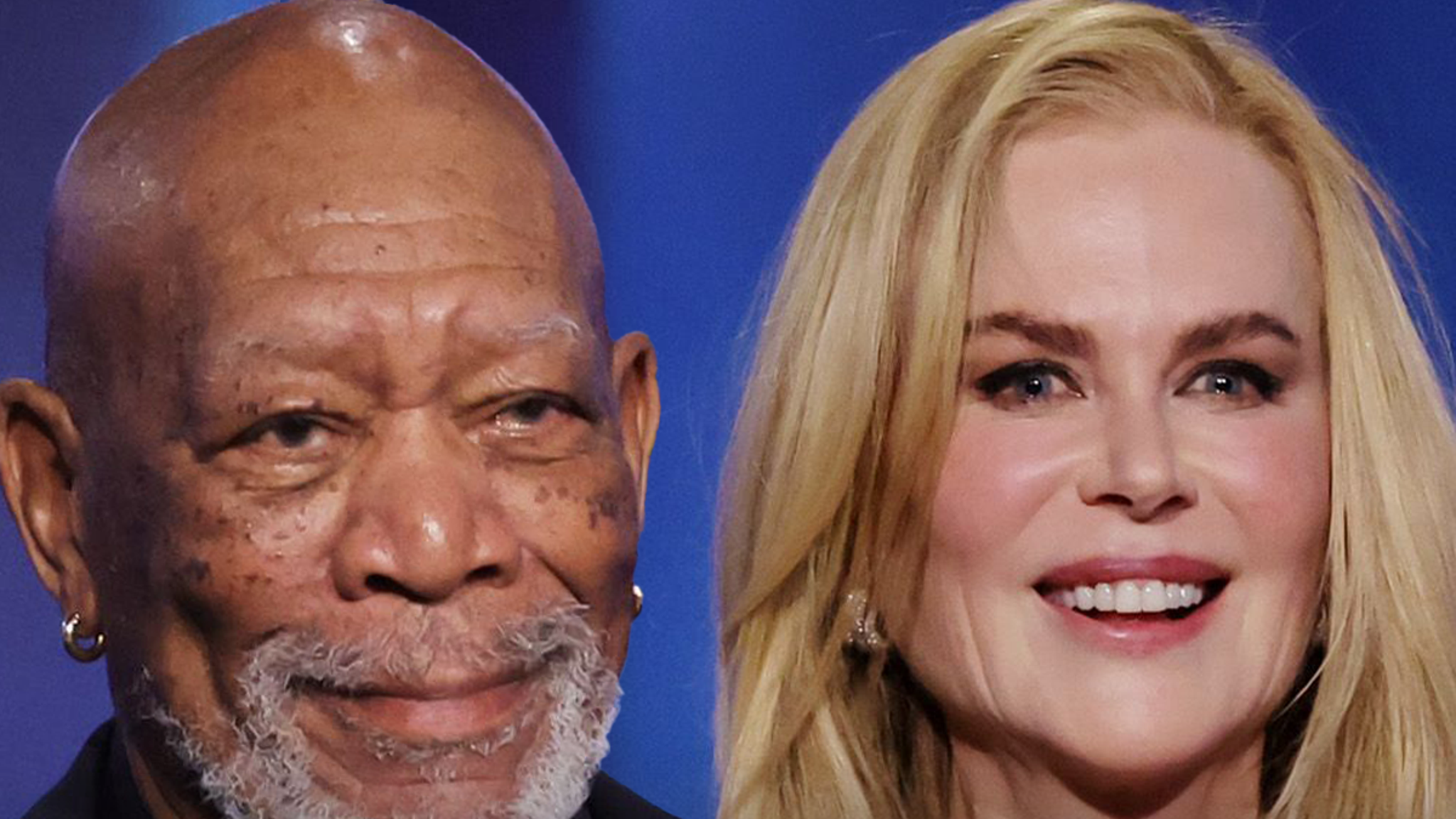
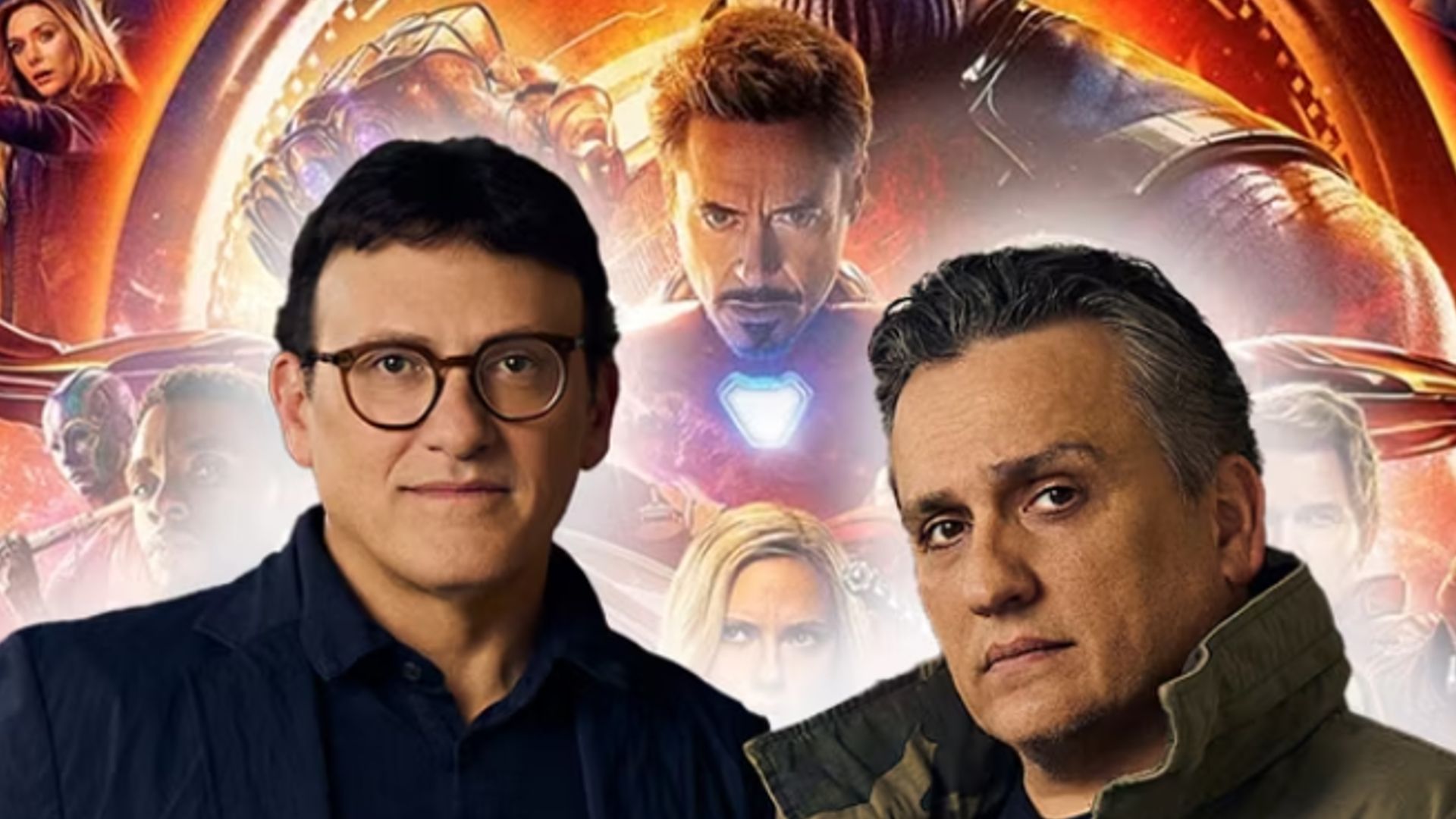
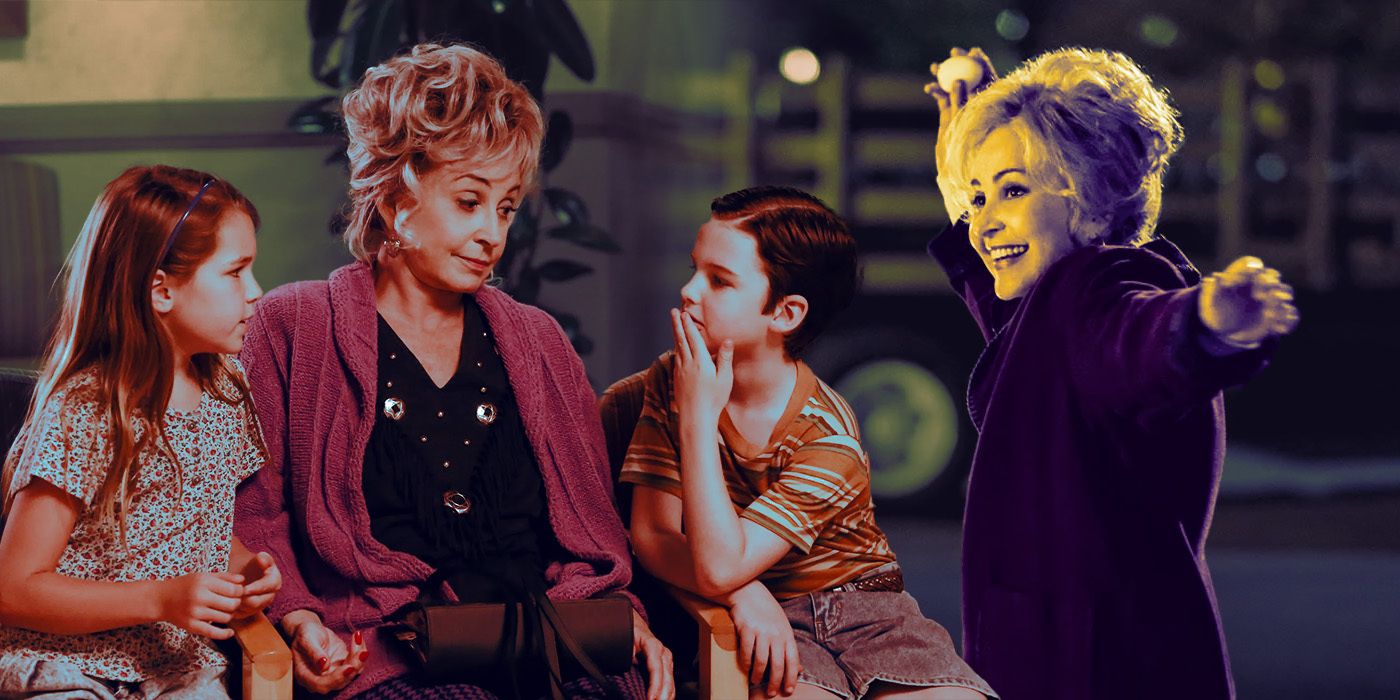

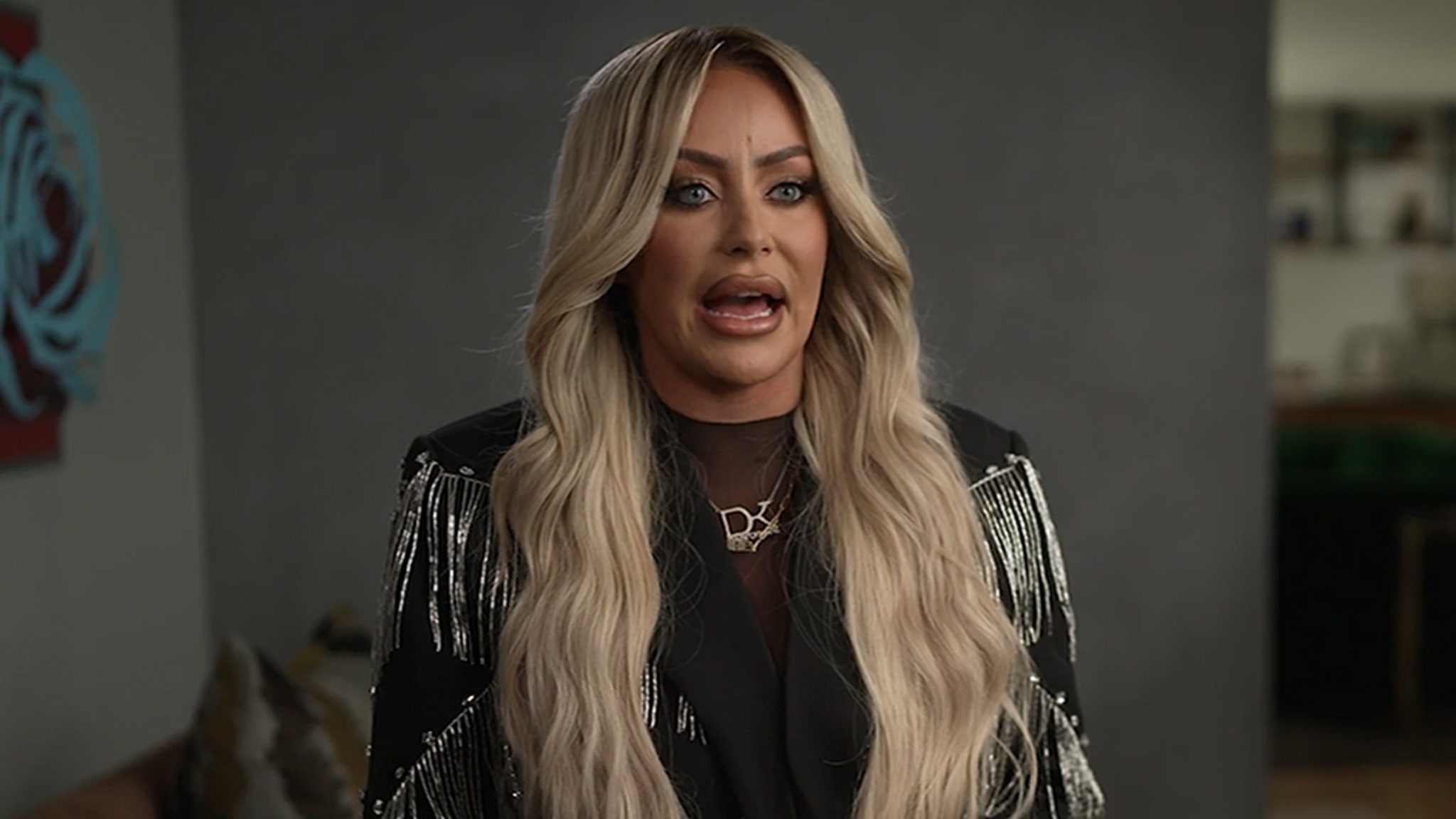
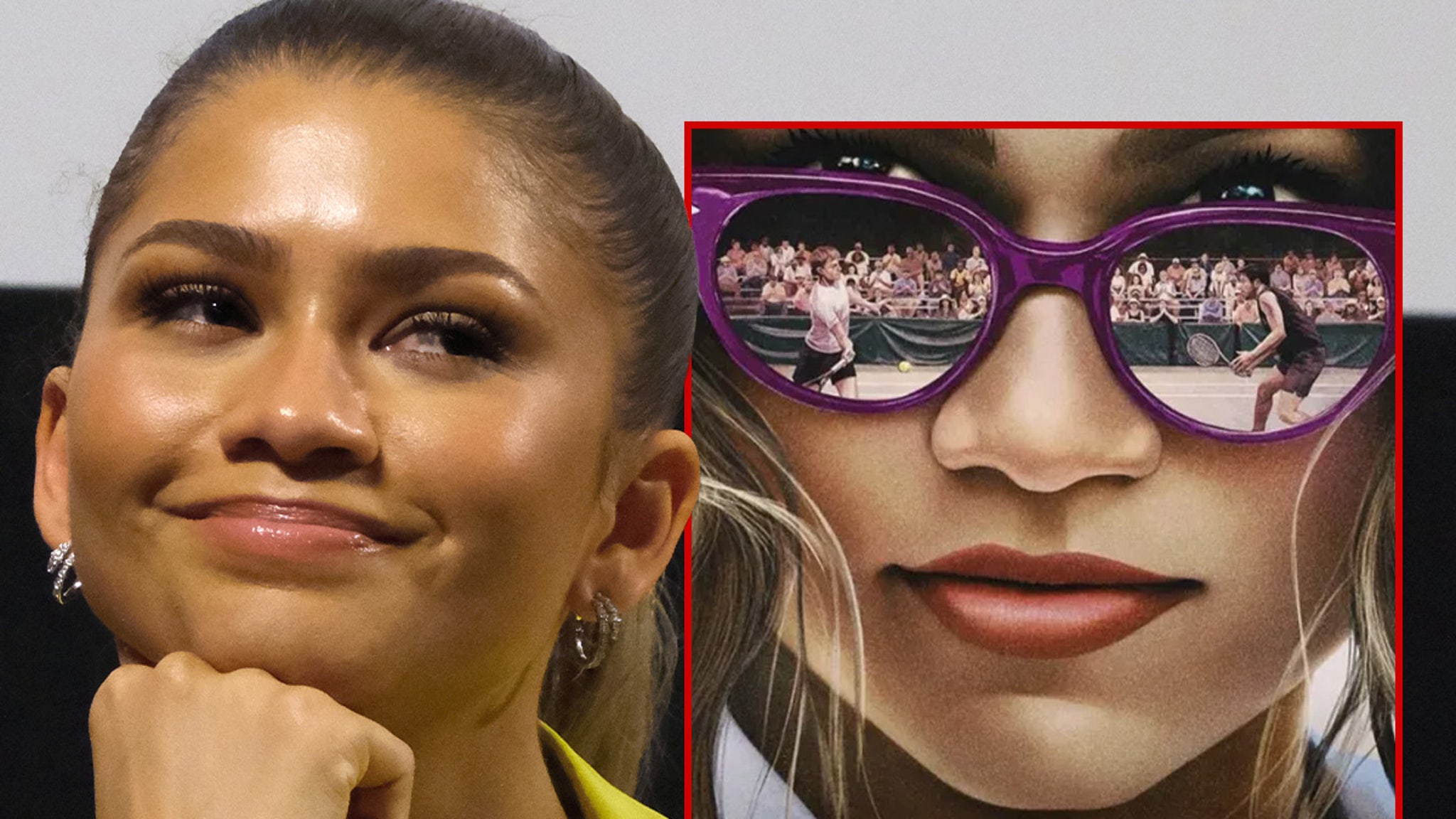
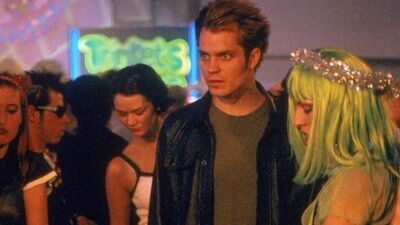
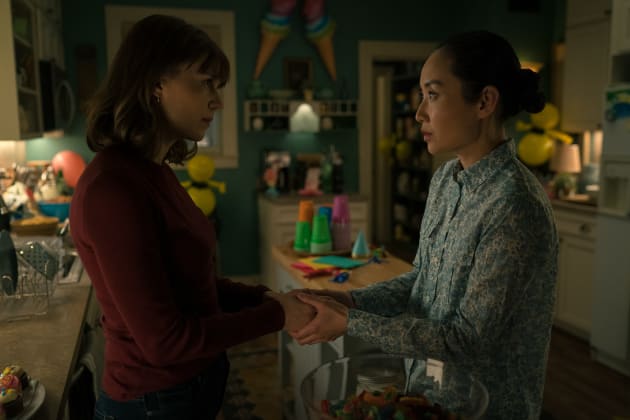

:quality(85):upscale()/2024/04/19/812/n/1922398/dac564326622b846c15299.26306818_.jpg)
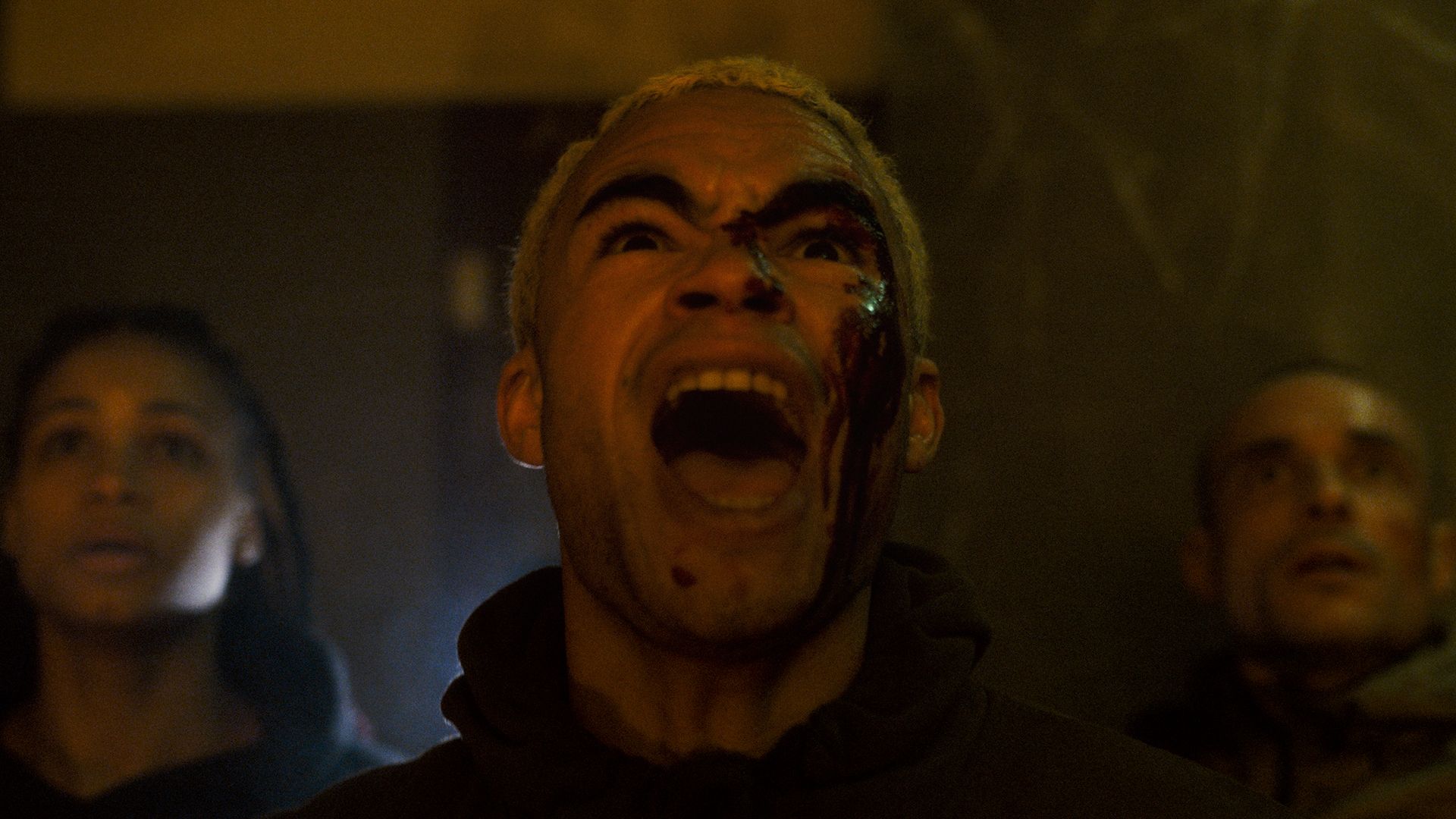

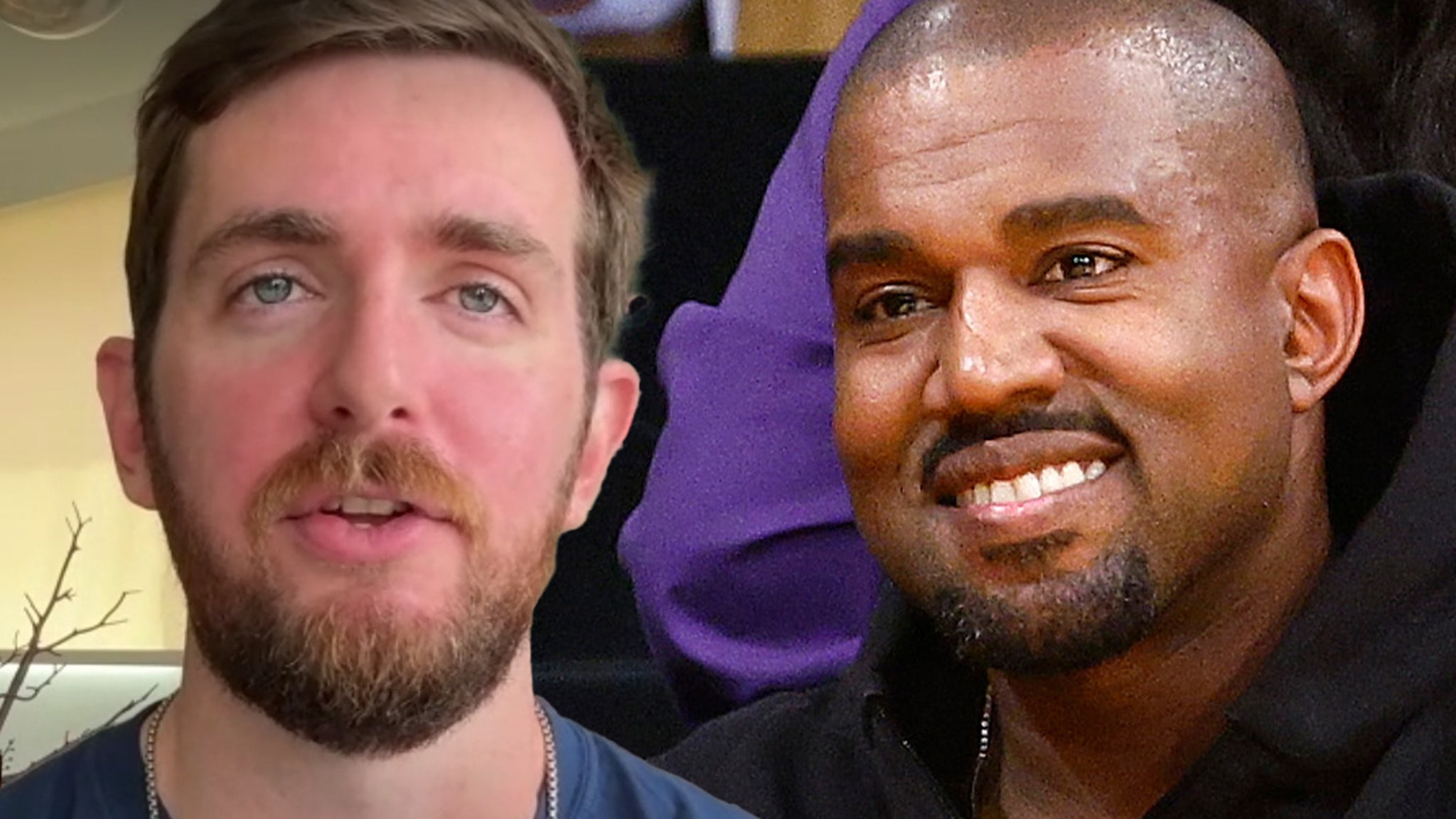

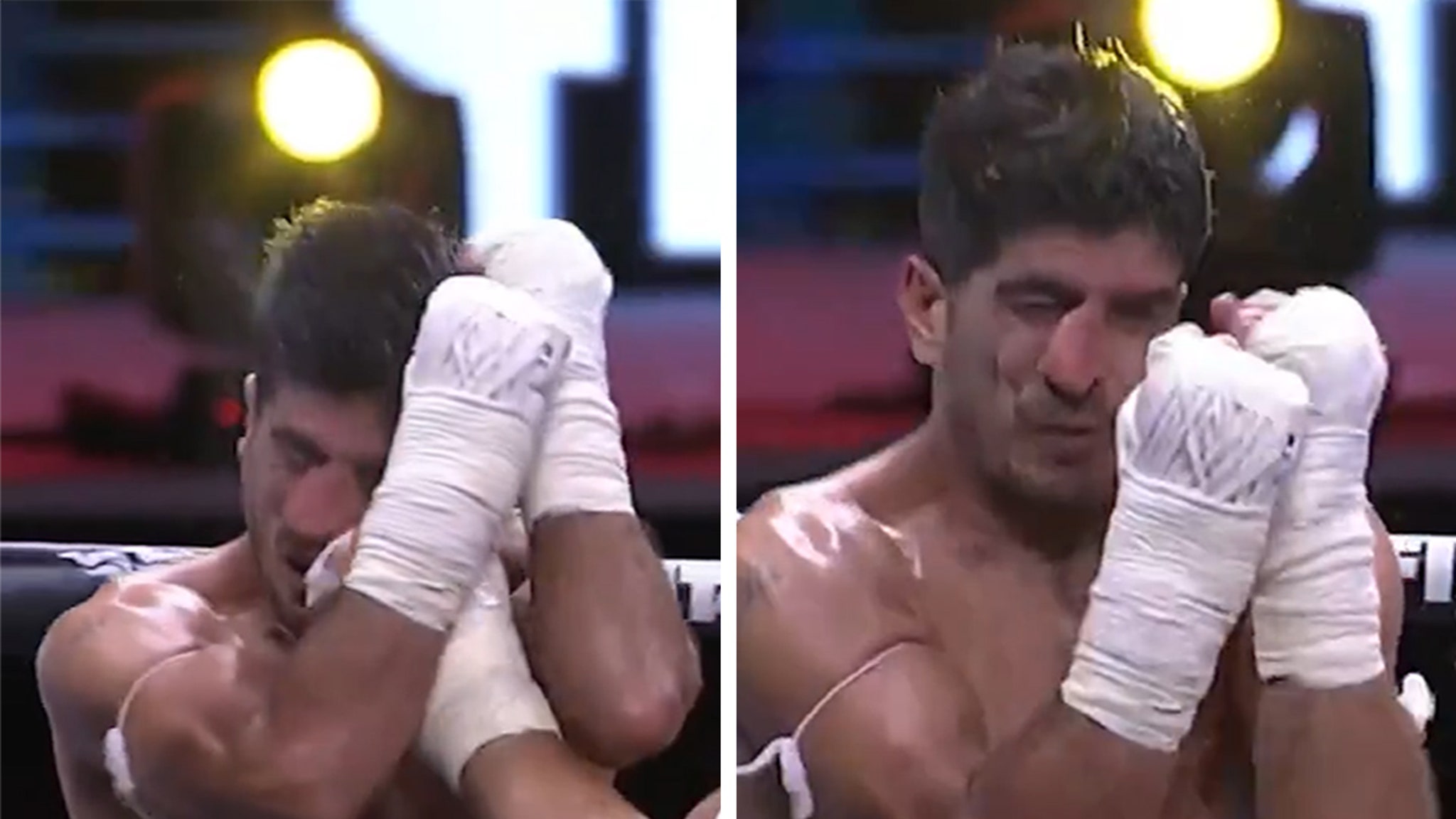
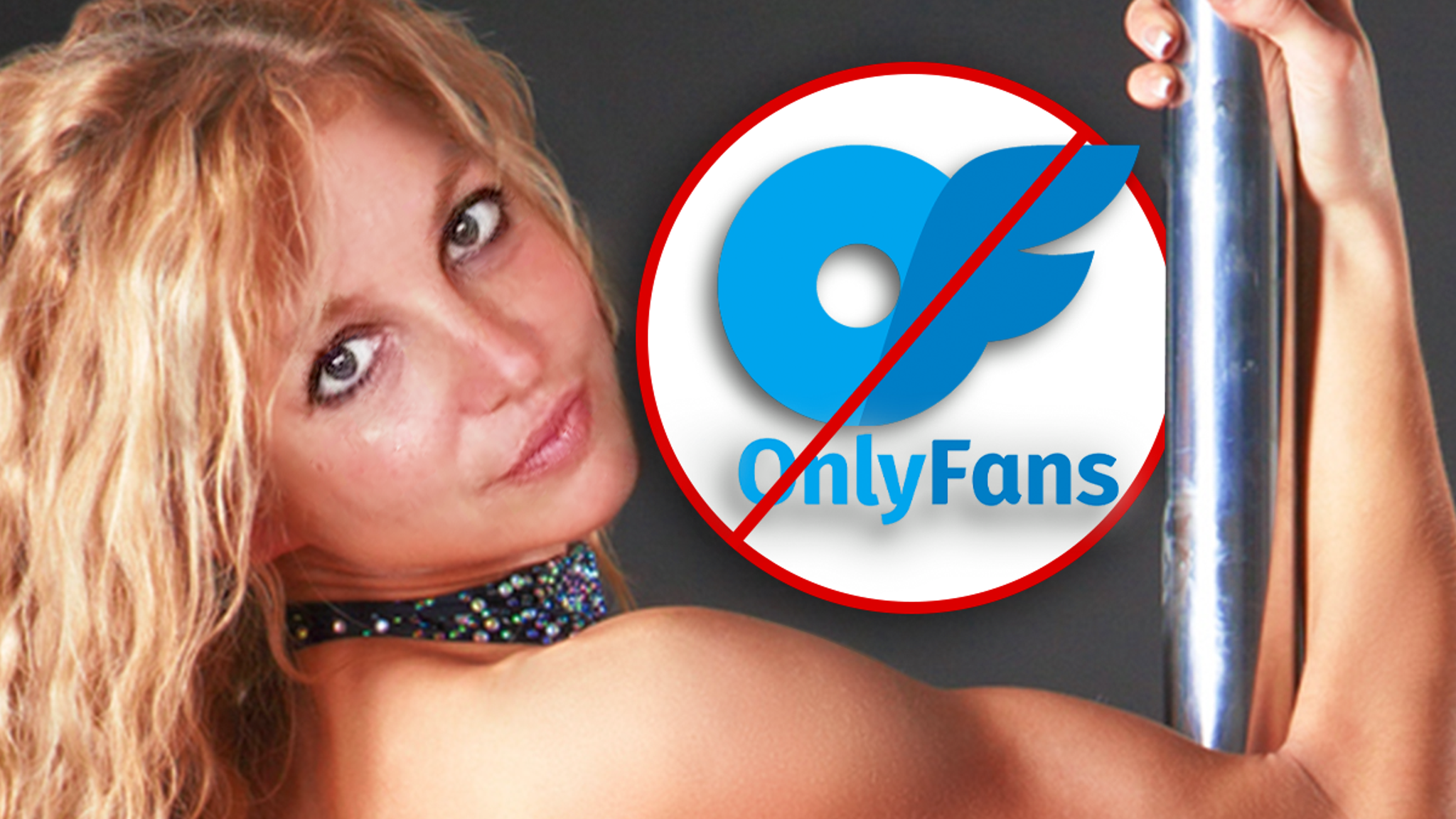
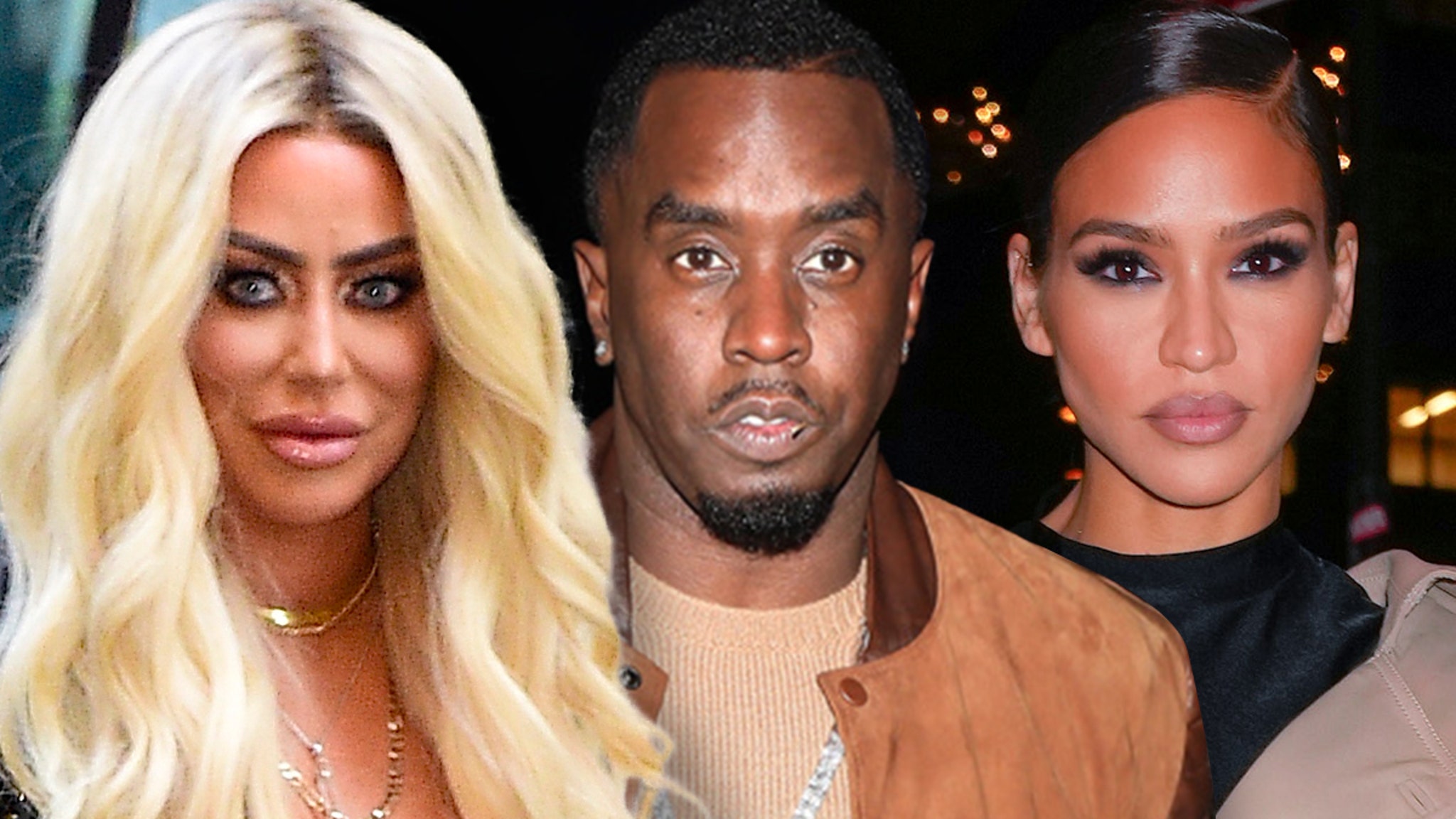
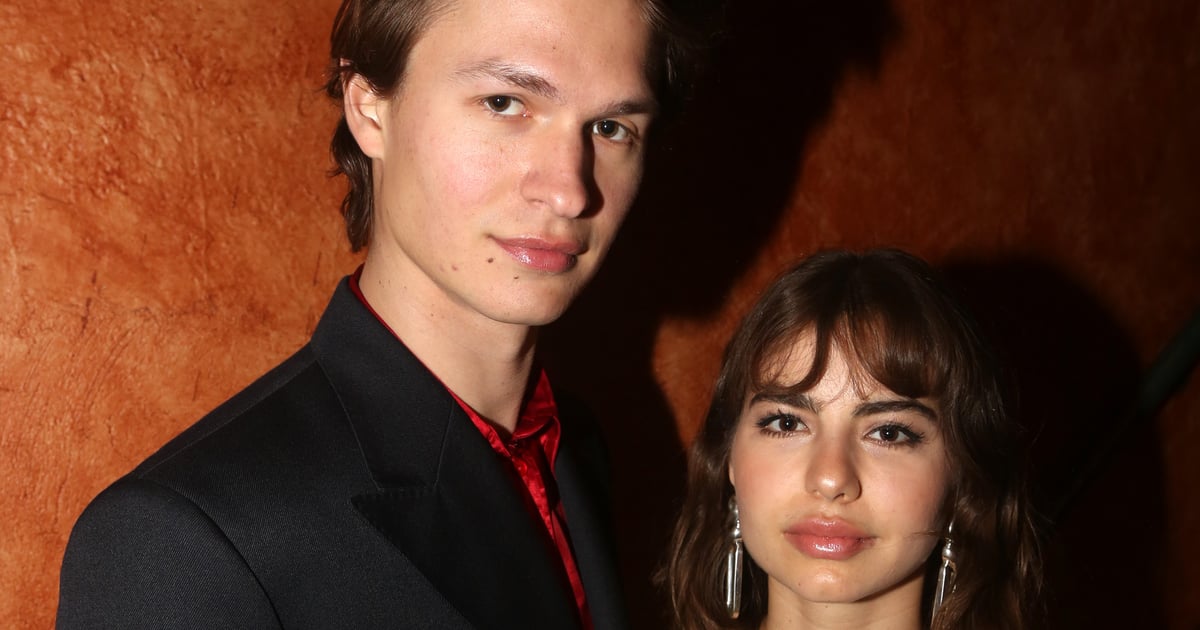

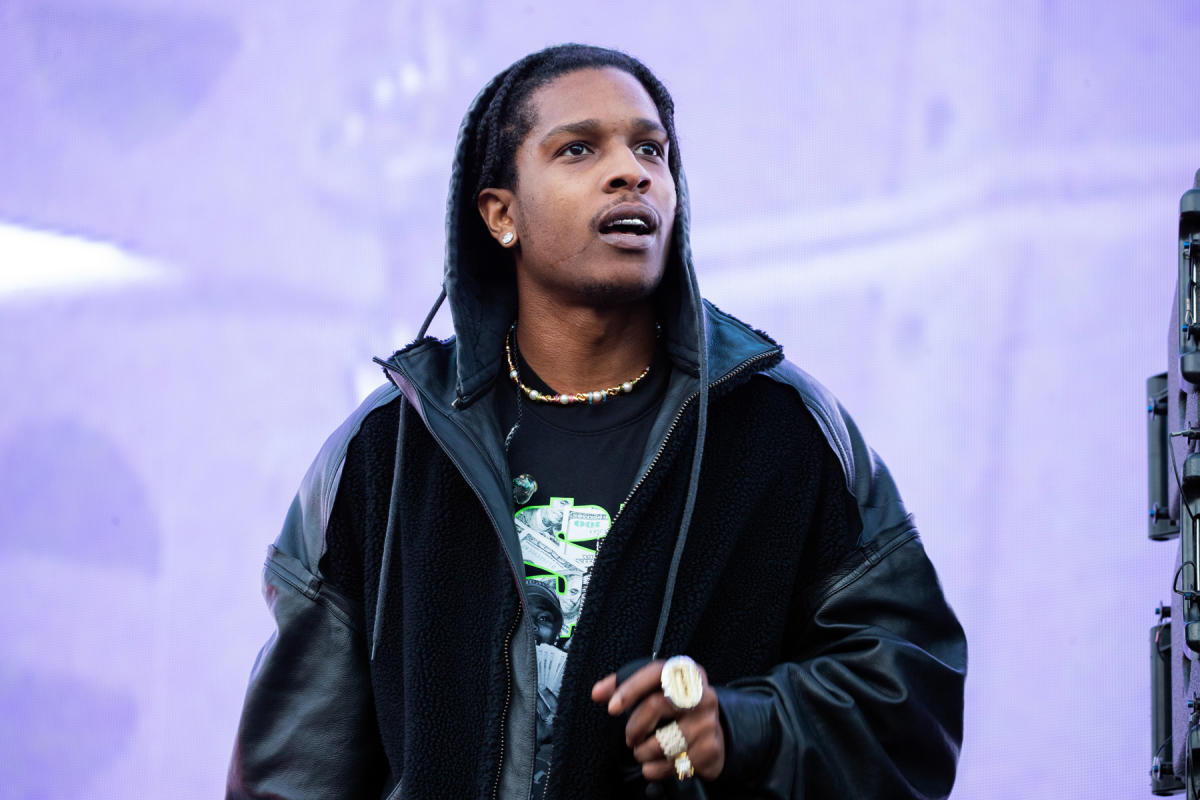
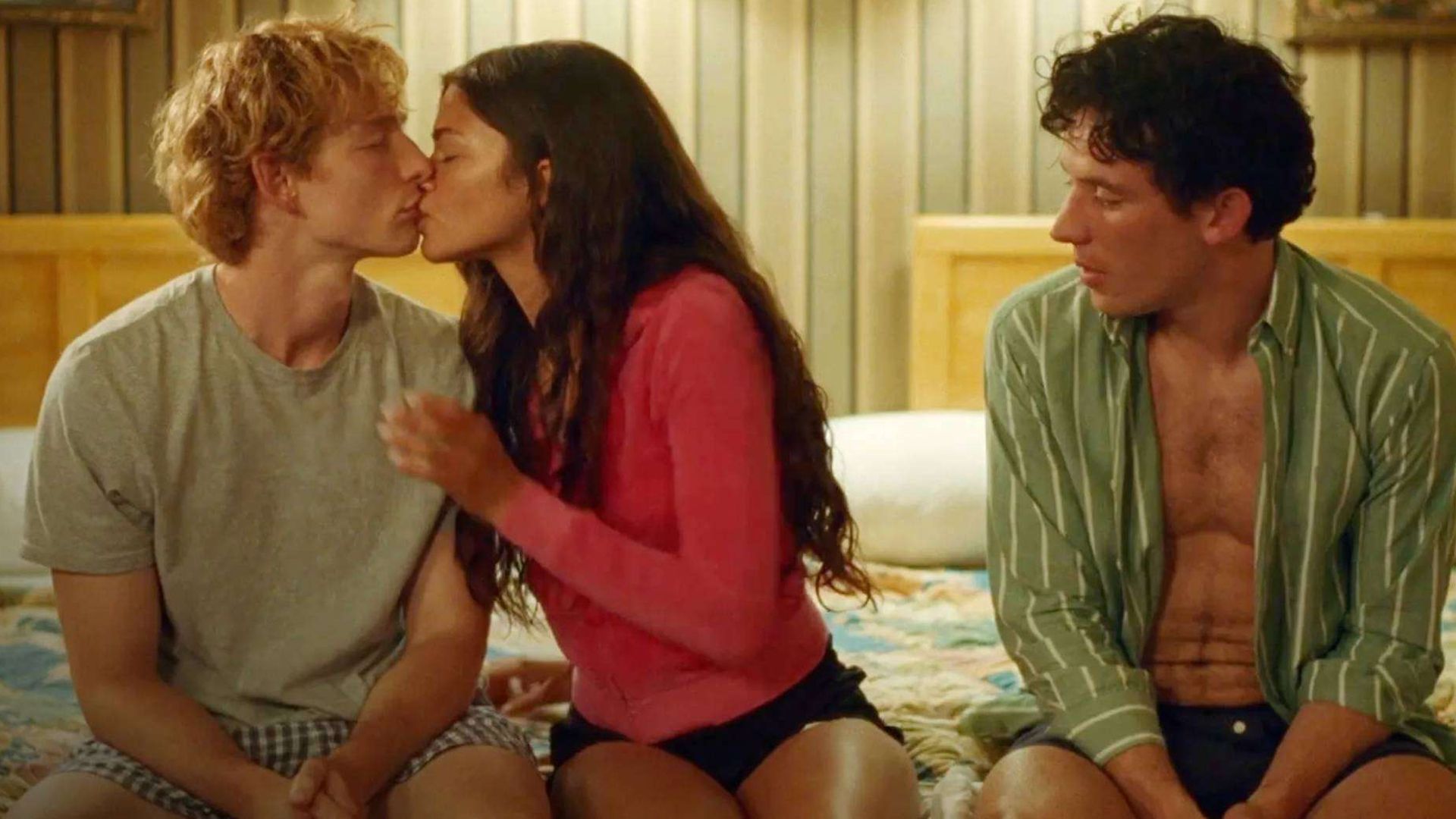

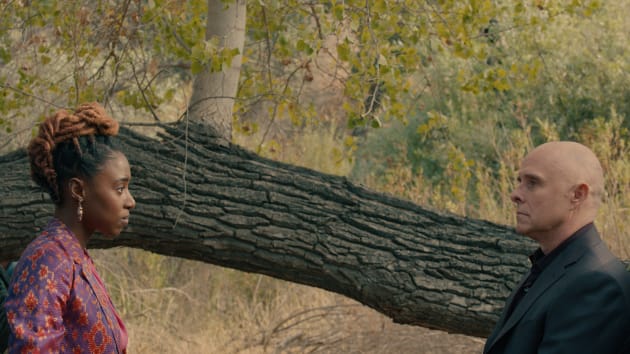
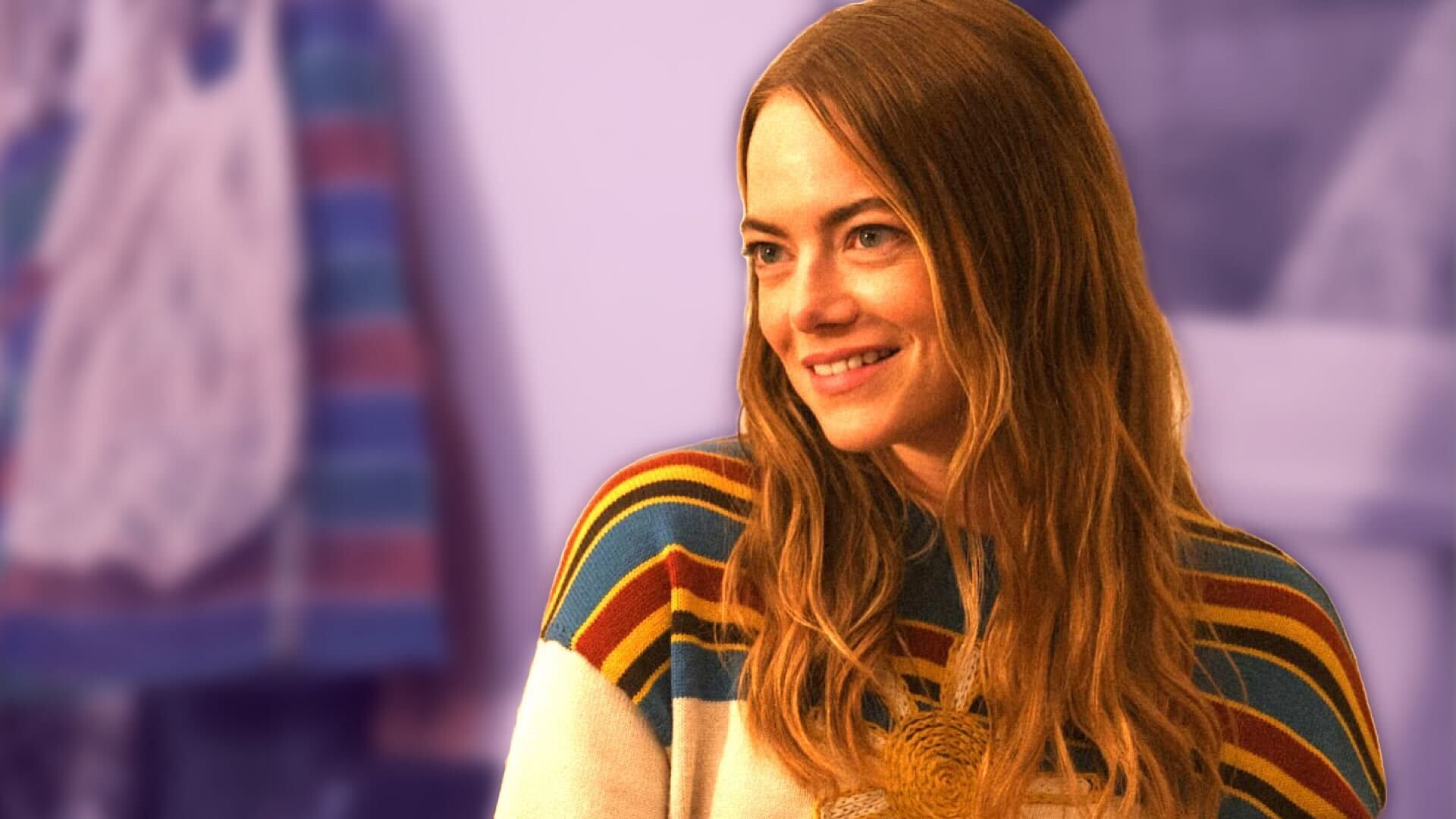
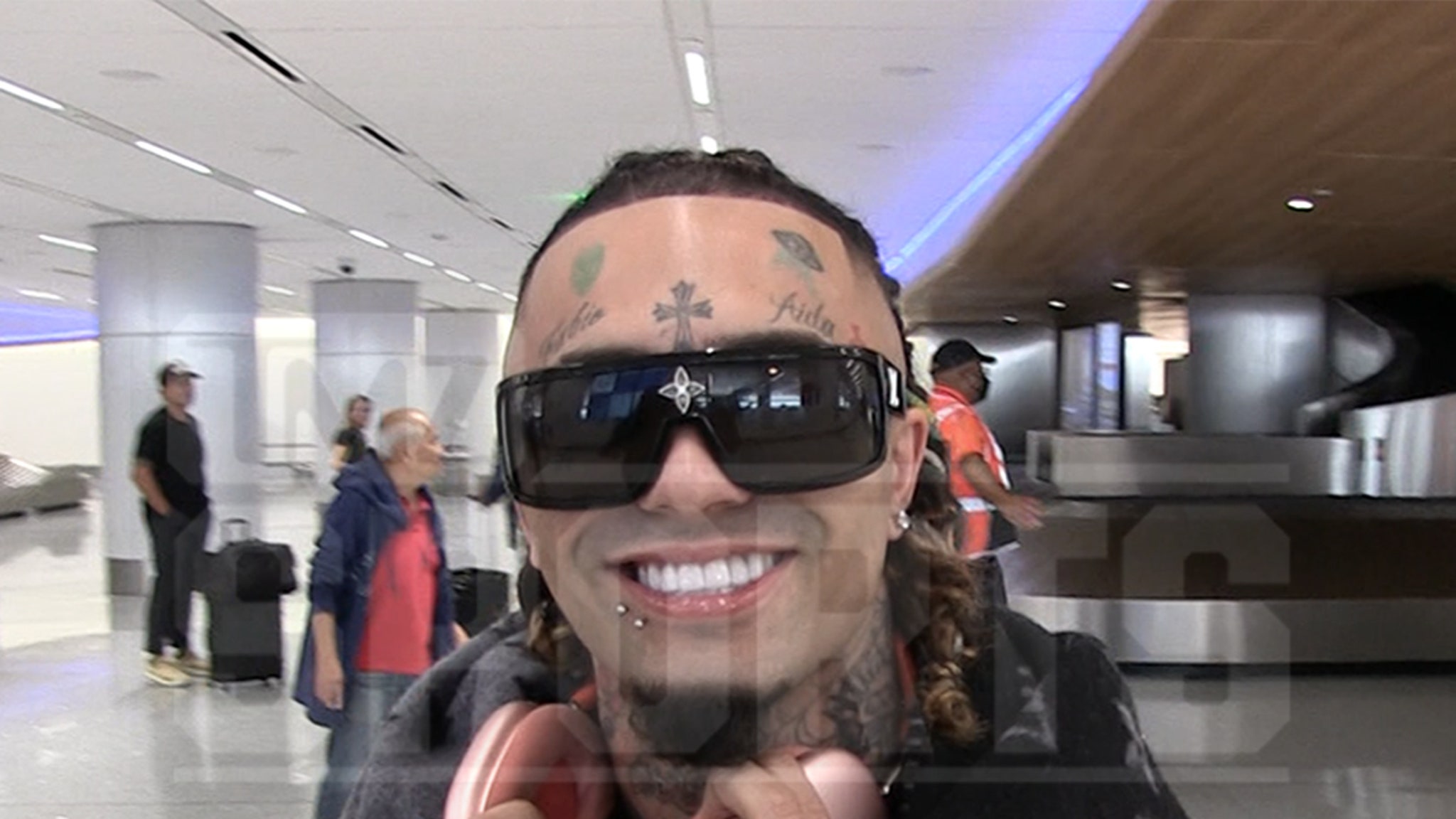
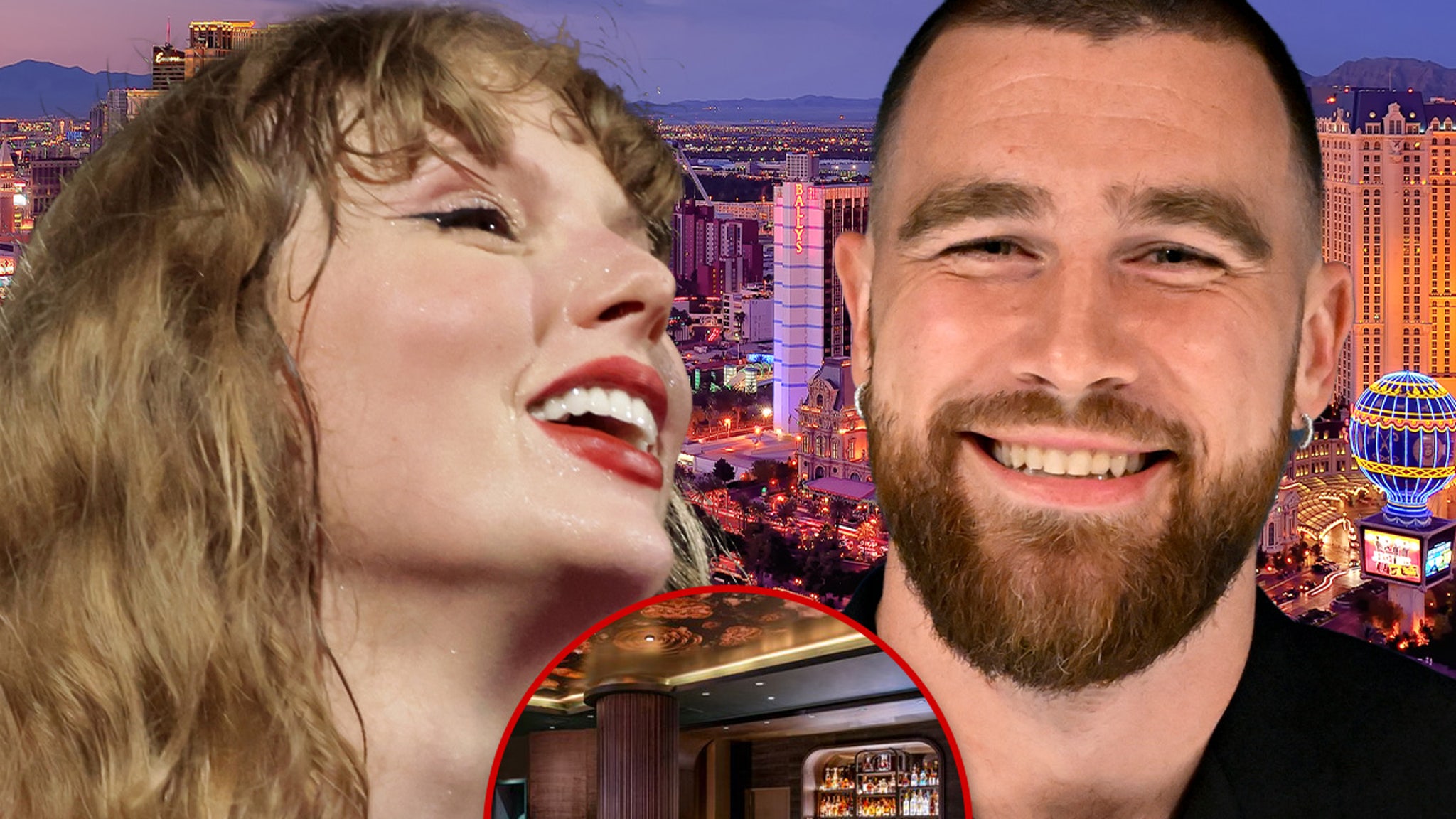
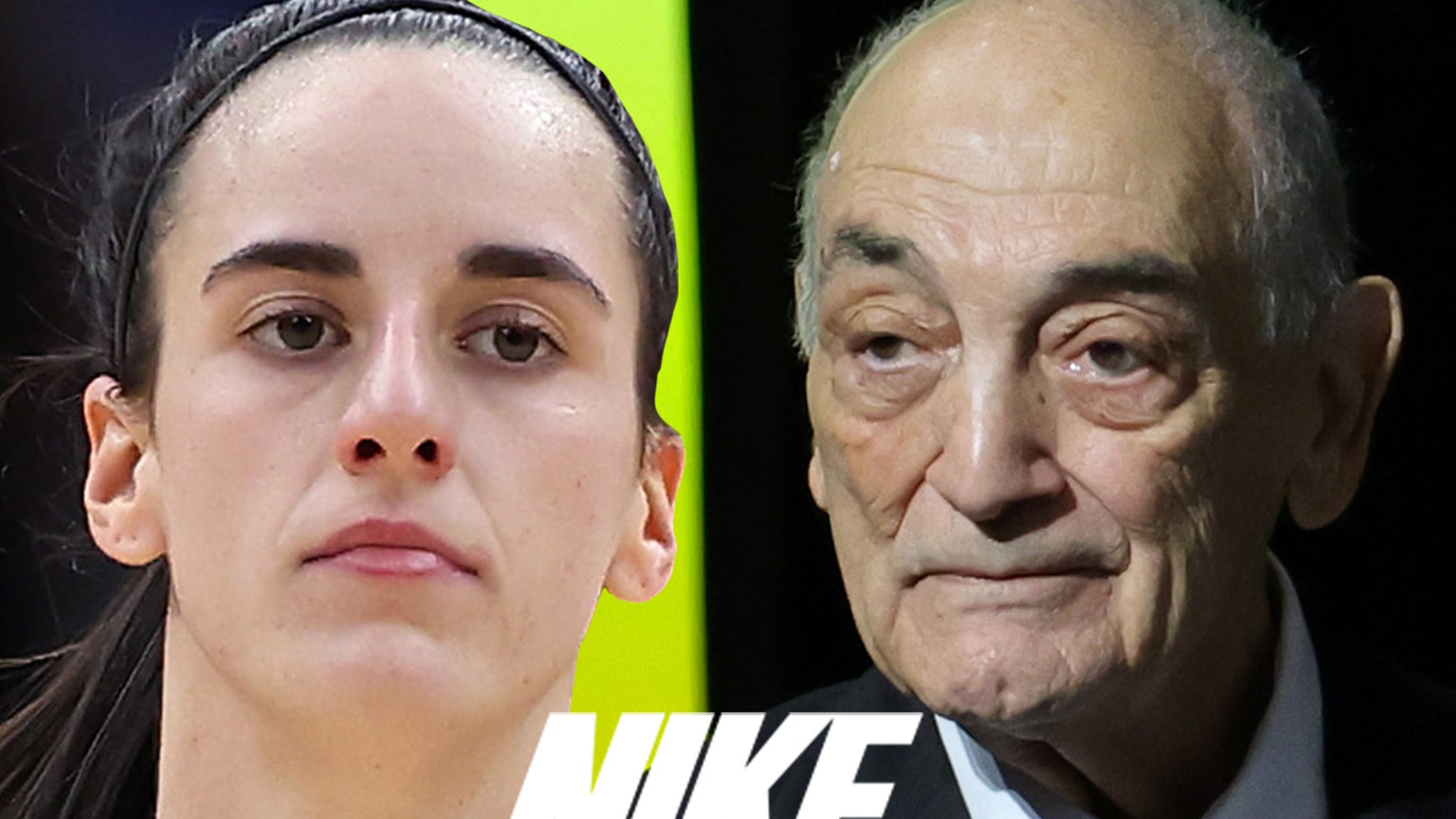
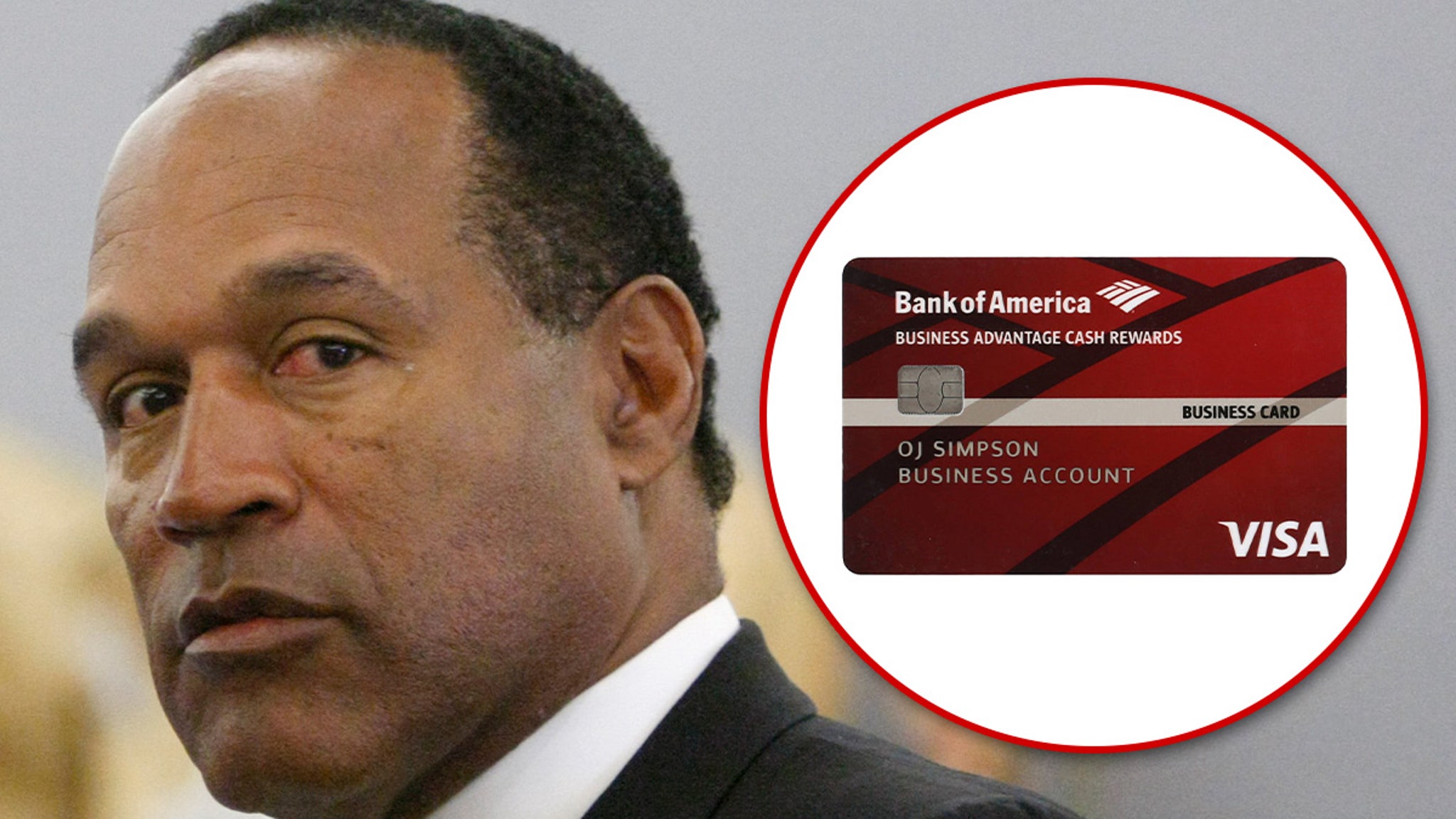
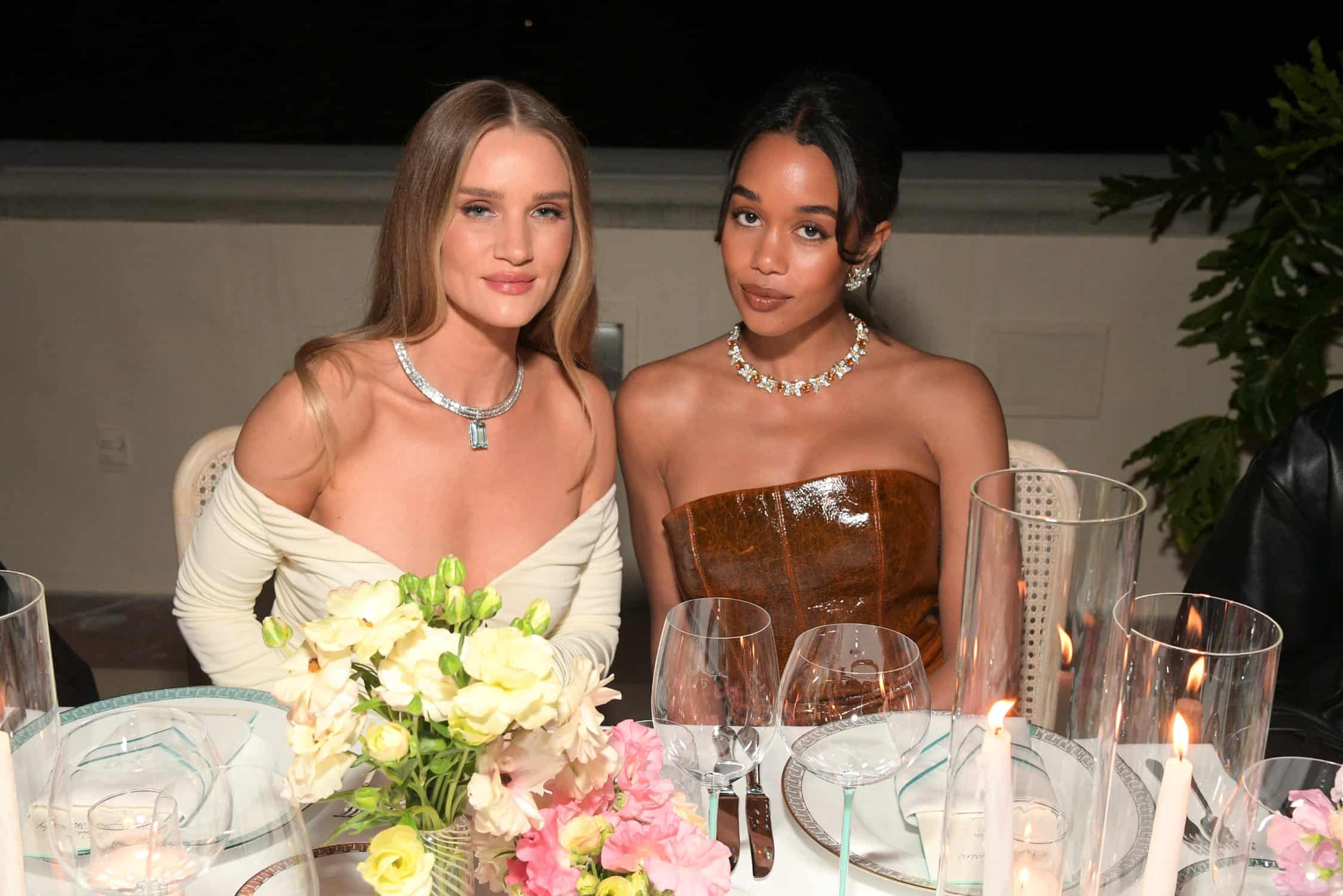
:quality(85):upscale()/2024/04/26/830/n/1922564/d88ac04e662bf8b6cb1a91.40429396_.jpg)

:quality(85):upscale()/2024/04/26/942/n/1922564/922a9e89662c1e7fc894b2.65383312_.jpg)